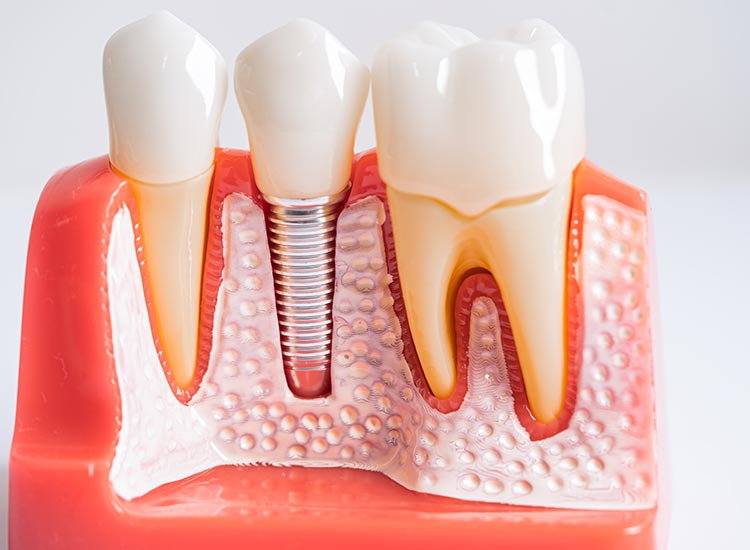Are dental implants painful?
Most patients report minimal pain during and after dental implant surgery, thanks to modern anesthesia and proper care.
Complications are rare but should be reported if pain persists or worsens.
Local anesthesia is used to prevent pain during the procedure.
Mild soreness is common after surgery but usually manageable with over-the-counter medication.
Post-operative discomfort typically fades within a few days.
Following your dentist’s aftercare instructions can speed up recovery.

What to Expect During the Dental Implant Procedure
Dental implant surgery is usually performed under local anesthesia, so you shouldn’t feel pain during the procedure itself. The area around the implant will be fully numbed, and most patients describe the experience as more comfortable than a tooth extraction. Your dental team will ensure you’re relaxed and pain-free throughout the process.
Some soreness, swelling, or minor bruising can occur after the anesthesia wears off, which is completely normal. Dentists often recommend over-the-counter pain relievers like ibuprofen or acetaminophen to manage this temporary discomfort. Most people return to normal activities within a day or two.
Managing Pain After Dental Implant Surgery
Post-surgical pain is usually mild and short-lived if you follow the recommended aftercare. Applying ice packs, eating soft foods, and maintaining good oral hygiene all help speed up healing and reduce soreness. Dentists also provide specific guidelines tailored to your case to ensure a smooth recovery.
If you notice sharp or worsening pain days after surgery, it could signal a complication like infection or implant failure. In these cases, contacting your dental provider promptly is important to prevent further issues. Routine follow-ups will also help ensure your implant heals successfully and remains comfortable long-term.

If you’re concerned about pain with dental implants, talk to your dentist—they’ll guide you through the process to ensure your comfort from start to finish!
